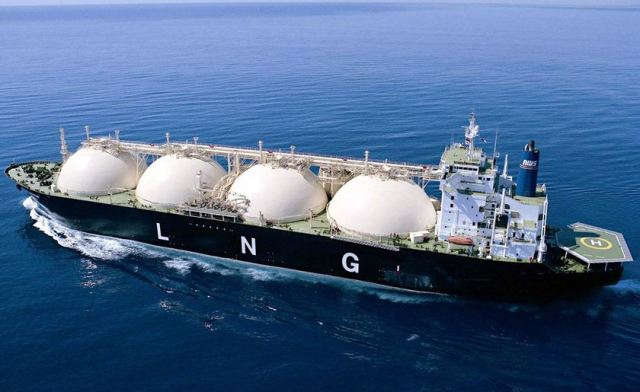In response to the crisis in Ukraine, some American lawmakers and energy companies are urging the United States to export natural gas to Europe in an effort to undercut Russia’s influence over the Continent. The Obama administration should move to increase exports, which would help allies like Germany, Turkey and Britain, but the effects of such exports would likely be modest and wouldn’t be realized for several years.
The discovery and exploitation of shale gas has swelled American reserves of natural gas and sharply driven down its price, making it possible for Washington to contemplate lifting restrictions on exports. The United States imported 16 percent of the gas it used as recently as 2007, but it could become a net exporter of the fuel by 2020, according to the Energy Information Administration.
U.S. Hopes Boom in Natural Gas Can Curb PutinMARCH 5, 2014
Increasing natural gas exports could serve American foreign-policy interests in Europe, which gets about 30 percent of its gas from Russia. Countries like Germany and Ukraine are particularly vulnerable to supply disruptions that are politically driven.
This week, for example, Russia’s state-owned energy company Gazprom said it would no longer sell gas at a discounted price to Ukraine, which gets 60 percent of its natural gas supply from Russia. This is hardly the first time President Vladimir Putin has used Russian gas supplies to pressure other nations.
Under American law, energy companies can freely export gas to Canada, Mexico and other countries with which the United States has a free-trade agreement. That does not include Washington’s allies in Europe. The Energy Department can approve exports to other nations if it determines such sales are in the public interest. The department has approved only six out of 21 applications for such exports, the first of which should begin next year.
The department could speed up its review of export applications, and Congress could help by easing restrictions on exports to American allies. But even if the government approved more exports, setting up more facilities to liquefy and ship gas would take years and cost billions of dollars. Moreover, unlike Mr. Putin, American officials will not be able to dictate to energy companies where they sell their gas and at what price. (Energy companies would prefer to sell gas to countries like Japan, China and India because natural gas is more expensive in Asia than in Europe.)
And if American companies did flood Europe with gas, Mr. Putin would not stand idly by. Russia could respond to American exports by, for instance, lowering the price of its gas to keep its customers in Europe from switching suppliers, according toMichael Levi, a senior fellow at the Council on Foreign Relations.
American officials should use natural gas exports as one component of diplomacy that also includes assisting other nations with conservation and renewable sources of energy like solar and wind. The State Department, under Hillary Rodham Clinton, set up the Bureau of Energy Resources to do just that; it has, for example, helped European nations reduce their dependence on Russian gas by, among other things, buying more gas from Africa.
The Obama administration can certainly help allies by making more natural gas available to them, but it should be realistic about what it can achieve.
Natural Gas as a Diplomatic Tool


























Laissez un commentaire Votre adresse courriel ne sera pas publiée.
Veuillez vous connecter afin de laisser un commentaire.
Aucun commentaire trouvé